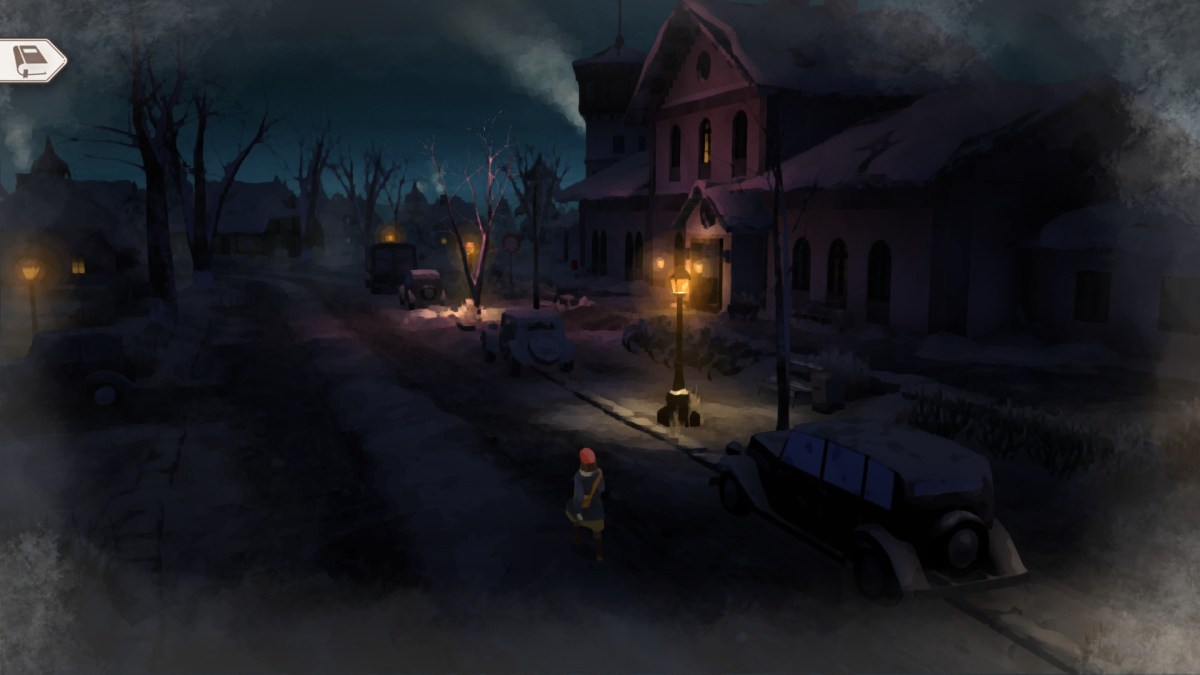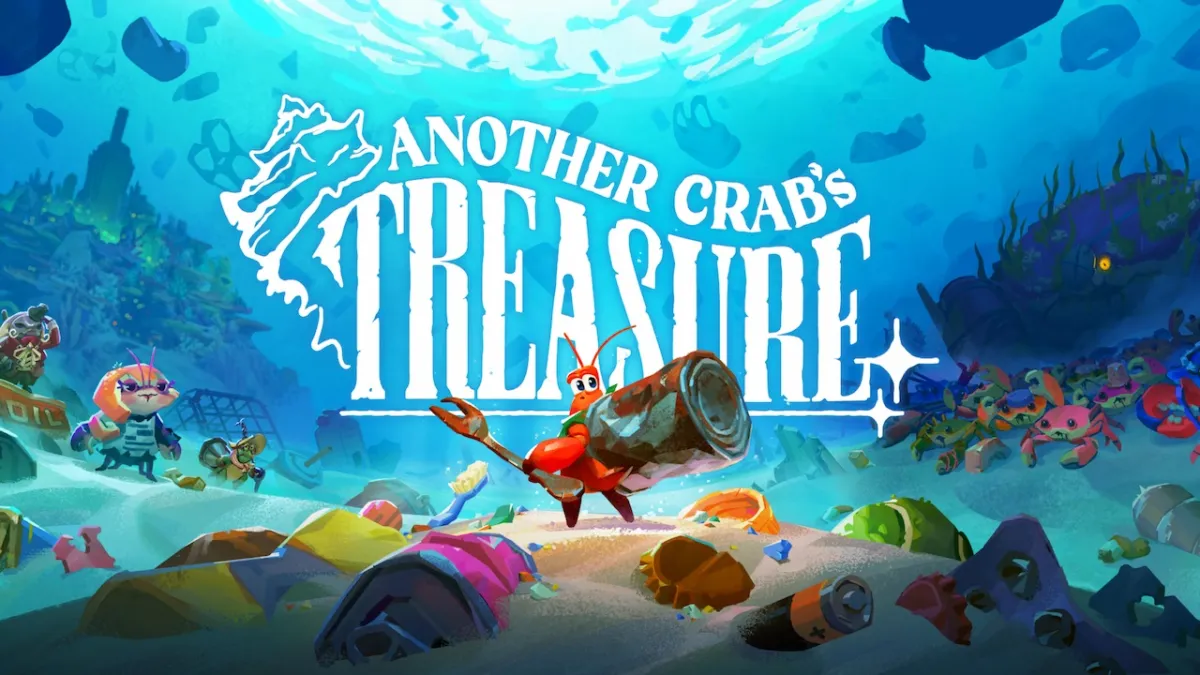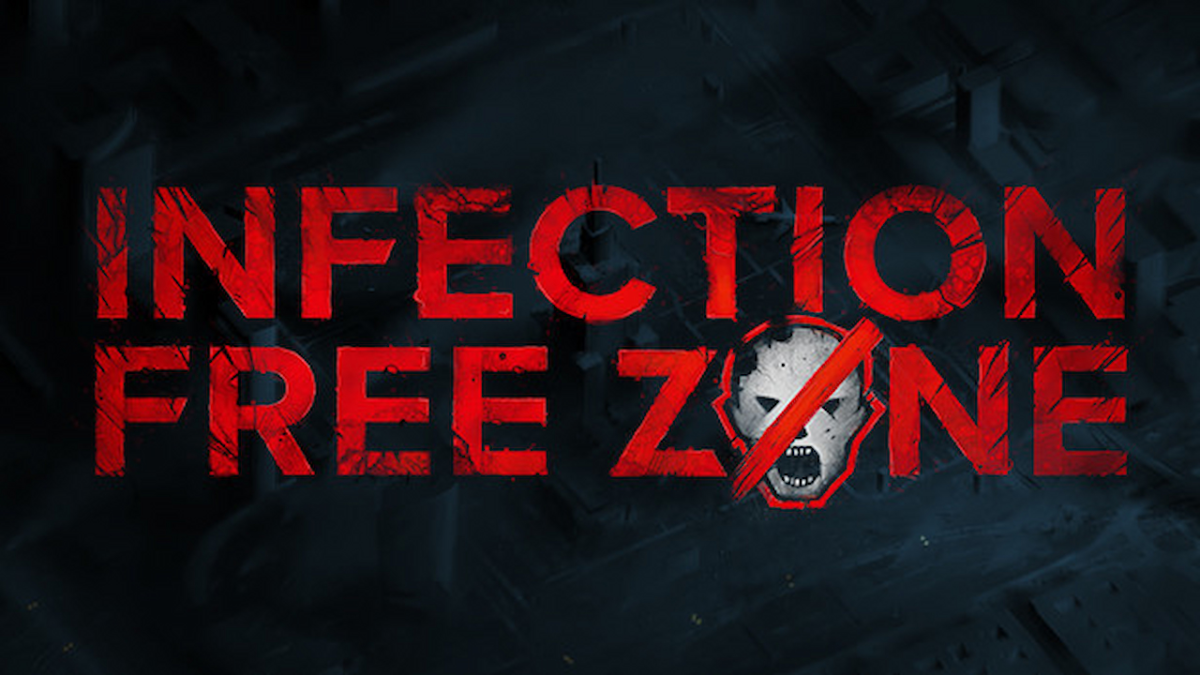Narrative games often have the pretext of your choices making massive differences, disguising a more underlying binary system in reality. Gerda: A Flame in the Winter does still fall into this to a certain degree, but it also offers more permutations than many of its contemporaries. It’s not a particularly lengthy story and you don’t have quite as much control over the way things end than it might seem, but this is a fantastically written, compelling tale from start to finish. Plus, it makes it easy to try out different ways of doing things.
Gerda: A Flame in the Winter takes place in a very familiar period — the tail end of World War II. Gerda Larsen is a half-German, half-Danish woman who lives on a small farm with her husband Anders. But the Nazis end up occupying their town. Gerda’s father, a German himself, ends up welcoming the occupation, but there’s a tangible gulf between the feelings of the town’s Germans and its Danes. At the outset, Gerda and Anders find Nazis outside their door. Anders is a member of the Danish resistance, and they attacked a factory the night before. Anders is arrested, and Gerda must navigate a tightrope in order to try and get the two of them out of this mess in one piece.
The writing is Gerda: A Flame in the Winter‘s strongest asset, as it should be. The game has little in the way of gameplay, and it’s fully set around reading text and making choices alongside some RPG elements. Characters are well realized and believable, and the story’s events keep things persistently interesting. The thing is, many elements of the game’s ending stay the same regardless of major differences. I understand why that is, as it’s difficult to create a bunch of completely different sequences in a game with so many choices. But this does put somewhat of a damper on the narrative when all is said and done.
It’s all about choices
The game is mostly played from an isometric perspective, although the camera positioning changes based on the needs of each scene. When outdoors, wider angles are used. Indoors, things take on a top-down view so walls don’t get in the way. Movement is controlled via WASD keys or an analog stick, or you can tell Gerda where to go and what to do with mouse clicks.
After each major sequence, Gerda writes in her journal, allowing you to pick one of three responses. Each response is tied to compassion, insight, or wit, which will grant you a single point of each that can be used to select certain conversational options. This is one of my biggest issues with the game itself. It can be unclear as to which response will grant you what points, leading to some guesswork. You definitely want to keep your points balanced so that Gerda always has enough to get her through conversations. I just wish the game would tell you what does what.
But these points aren’t the only things at your disposal for guiding events. There are four factions in Gerda: A Flame in the Winter: Danes, Germans, the occupation, and the resistance. Who Gerda chooses to ally herself with will open up certain avenues as the game progresses. The way you deal with characters will reflect how the factions feel about Gerda — but these are more for passing dice roll checks. Individual characters also have trust levels, which dictate whether they’re willing to converse with Gerda and can even change their lines if so. This system is mostly believable, and adds to the sense that your choices matter.
Roll of the dice
As for those dice roll checks, they dictate if you’re able to convince certain characters, although they’re fairly easy to fail. The way individual feels about you, the way their faction feels about you, and whether you have any points will determine how successful you are. As you play Gerda: A Flame in the Winter, you’ll also get items that can be used to barter in place of using the dice rolls or points. When you use points as a way to convince a character, you lose them, but you don’t lose anything for passing dice rolls. Naturally, you lose any items you barter away.
These all work together to create a well-rounded system that rewards attention to detail. Some avenues can be fruitless, however, and you can lock yourself out of certain interactions if you have nothing that can be used to make things go your way. There are also dialogue options that are only available if you were privy to certain interactions beforehand. Maybe someone didn’t trust you enough to give you what you needed, or you didn’t partake in a sequence altogether.
Gerda: A Flame in the Winter is broken up over several days. Gerda herself usually has multiple choices between what to do on any given day, obviously without time to see to them all. These are selected via a map and can have fairly major consequences, as certain characters will live or die based on whether Gerda was there to ease tensions. All of this comes together to make it worthwhile to actually replay the game, as you can’t witness every scenes or learn about all of the characters in a single playthrough. But you can also restart individual days to try things differently.
I replayed the final day and saw two somewhat different variations on the game’s ending. They weren’t as detailed or as different as I would have liked, as a major character surviving or not doesn’t change what follows nearly as much as I had expected. Gerda: A Flame in the Winter will take most players around five or six hours, but there’s a lot more to see after the credits roll. The writing is so good that I’d certainly recommend doing so. This is a very strong narrative experience that offers a lot of tough choices alongside a veritable ethical minefield depending on how you choose to guide events.








